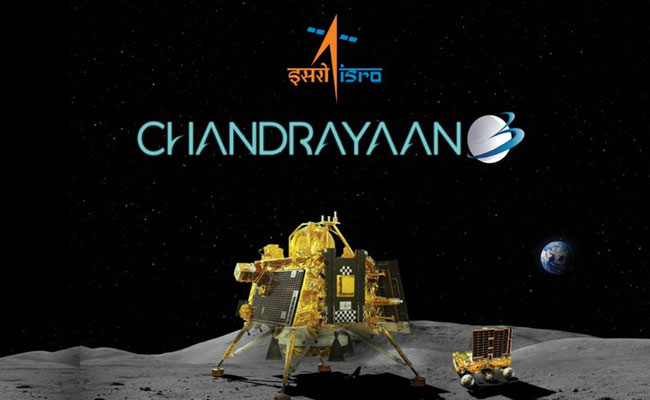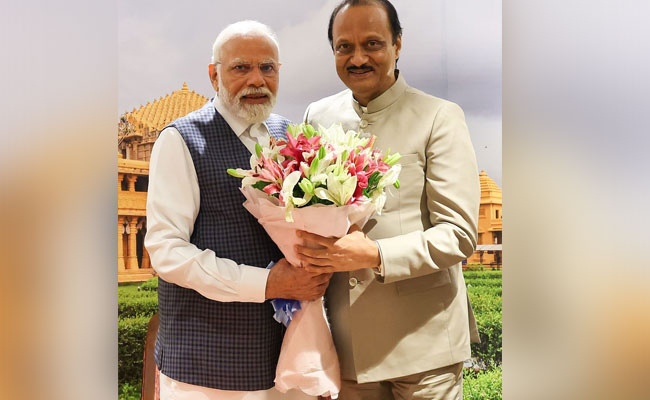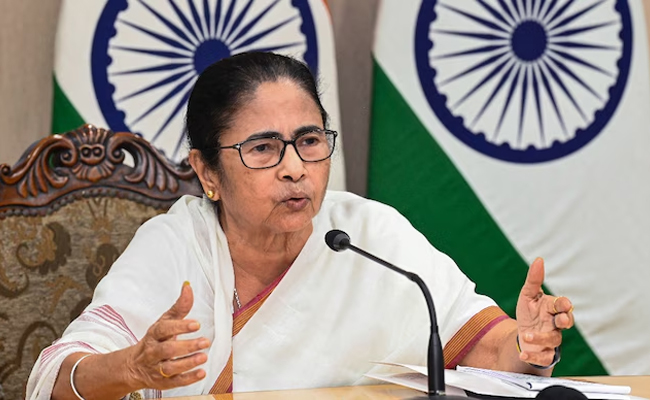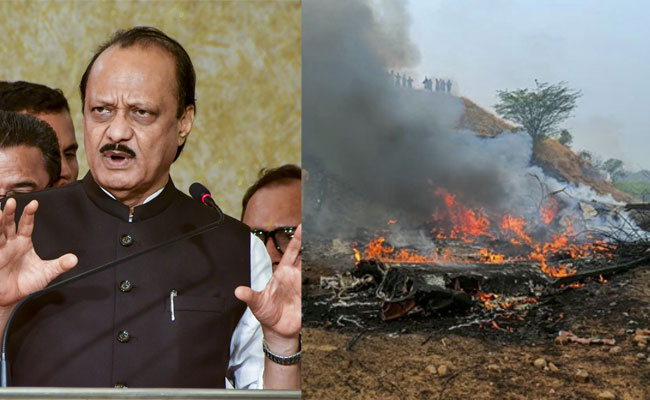Bengaluru(PTI): The failure of Russia's Luna-25 moon mission will have no impact on ISRO's Chandrayaan-3 lunar venture, according to top Indian space scientists.
The Luna-25 spacecraft crashed into the Moon after it spun into an uncontrolled orbit, Russia's Roscosmos space agency said on August 20.
"It does not have any impact," K Sivan, who was heading ISRO when the Chandrayaan-2 mission was launched in 2019, told PTI on Monday when asked if ISRO would be under additional pressure ahead of the soft landing, following the Russian setback.
Chandrayaan-3 mission's lander module with a rover in its belly is expected to touch down on the surface of the Moon around 6.04 pm on Wednesday, ISRO had said on Sunday.
"It (Chandrayaan-3 mission) is going on as per plan. It (soft landing) will be done accordingly, Sivan said. "We are hoping that this time (unlike Chandrayaan-2) it (the touchdown) will be successful".
Former ISRO Chairman G Madhavan Nair dismissed talk in some quarters that India and Russia were engaged in a race to the Moon, and termed the crash-landing of Luna-25 as unfortunate.
"I know the (lander) module. It was ready way back in 2008. When I visited the lab (in Russia), they showed me the module. They didn't have the resources to fly (then), so it had been kept in cold storage for a long time. Now only they had resources (to launch)," he told PTI.
Ruling out any impact on the Chandrayaan-3 mission launched on July 14, Nair said India's venture is totally self-sufficient and "we are not dependent on them (Russia)". Right now, India's space cooperation with Russia is limited to training of Indian astronauts for the Gaganyaan human space flight mission.
"So, had it (Luna-25) landed, our data and their (Russian) data (collected based on experiments on the lunar surface) would have been complementary," he said.
Let the Truth be known. If you read VB and like VB, please be a VB Supporter and Help us deliver the Truth to one and all.
New Delhi (PTI): Prime Minister Narendra Modi on Wednesday said the death of Maharasthra deputy chief minister Ajit Pawar in a plane crash was untimely and very shocking.
In a post on X, Modi said Ajit Pawar was a leader of the people with a strong grassroots level connect.
Pawar, 66, and four other persons were killed after an aircraft carrying them crashed near his hometown Baramati in Pune district on Wednesday morning, officials said.
"Shri Ajit Pawar Ji was a leader of the people, having a strong grassroots level connect. He was widely respected as a hardworking personality at the forefront of serving the people of Maharashtra.
"His understanding of administrative matters and passion for empowering the poor and downtrodden were also noteworthy. His untimely demise is very shocking and saddening. Condolences to his family and countless admirers. Om Shanti," Modi said.





